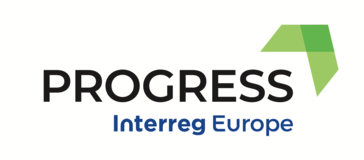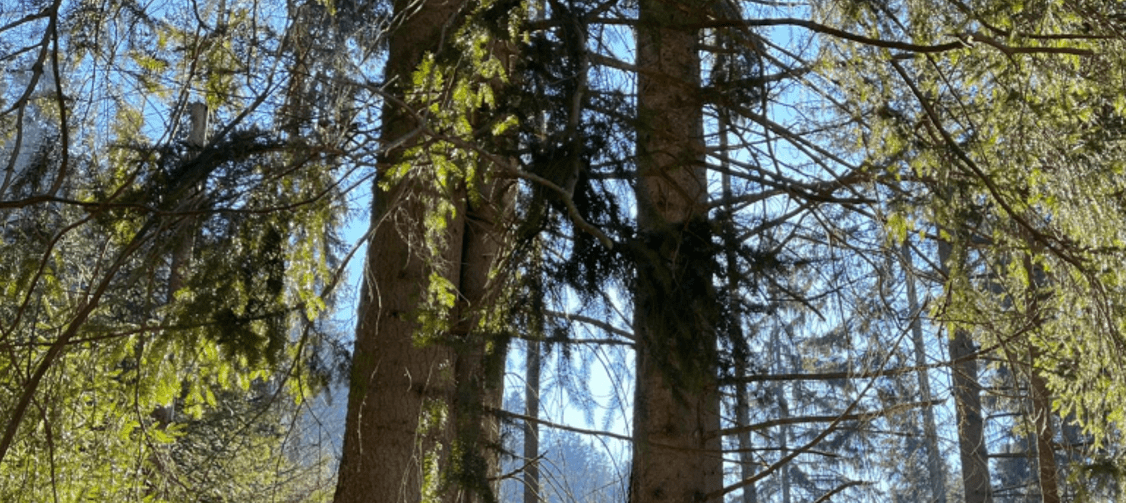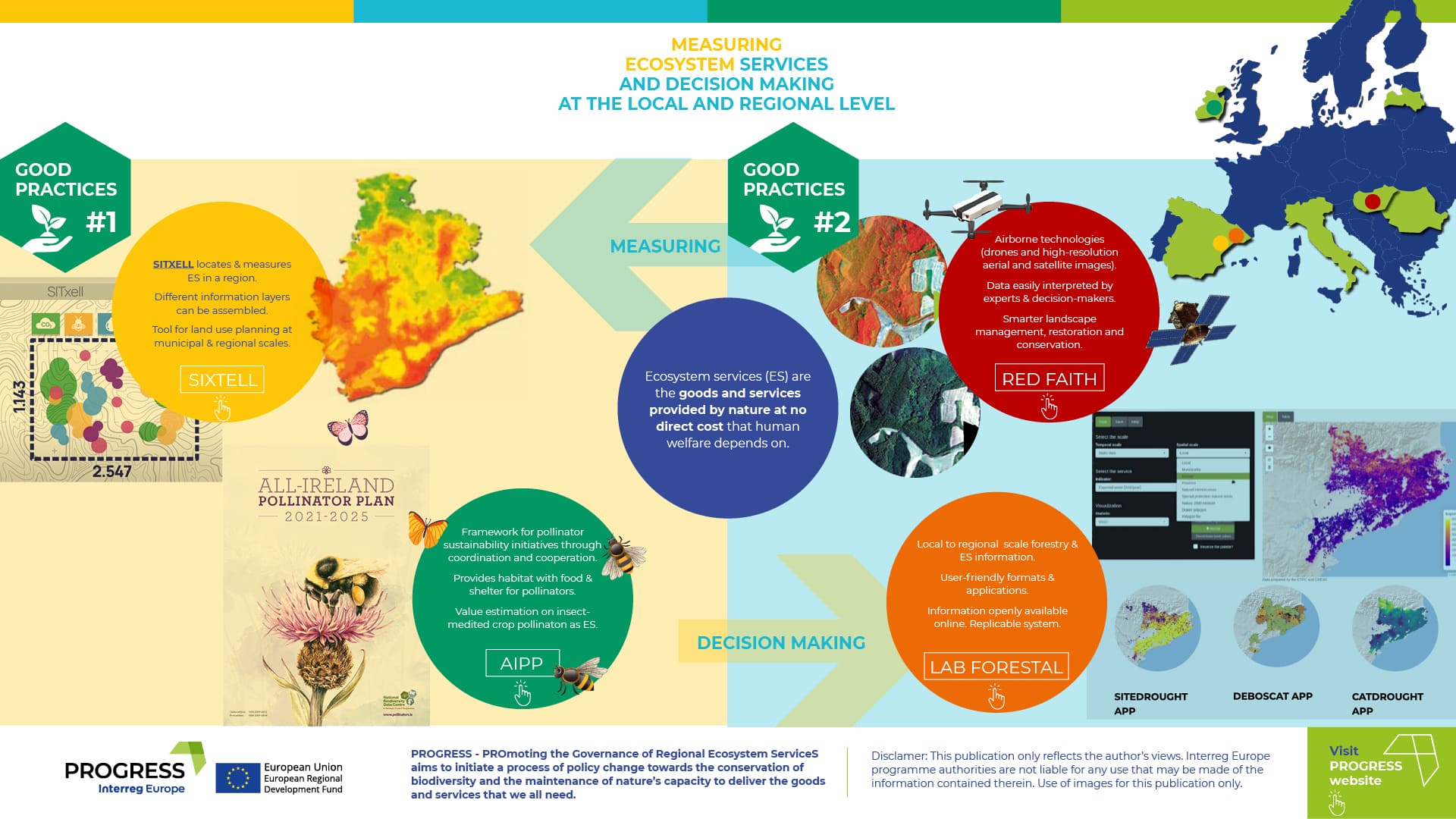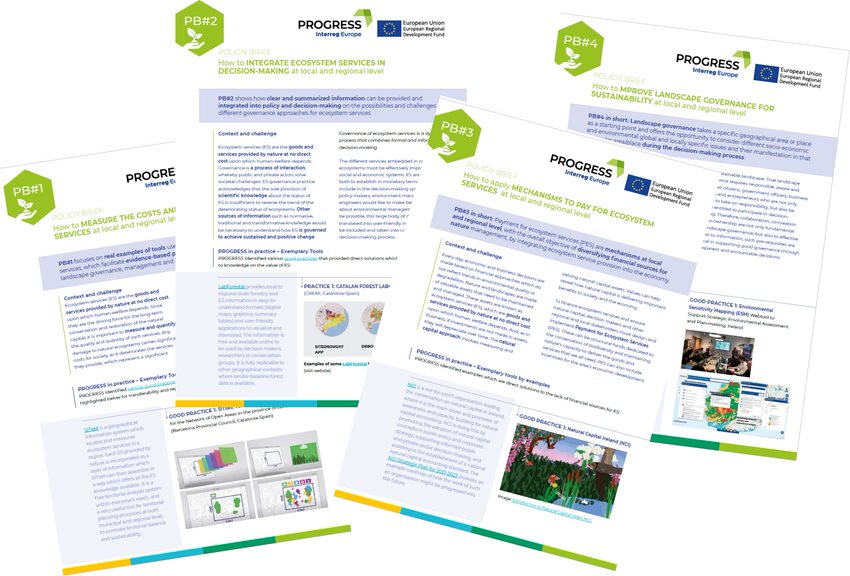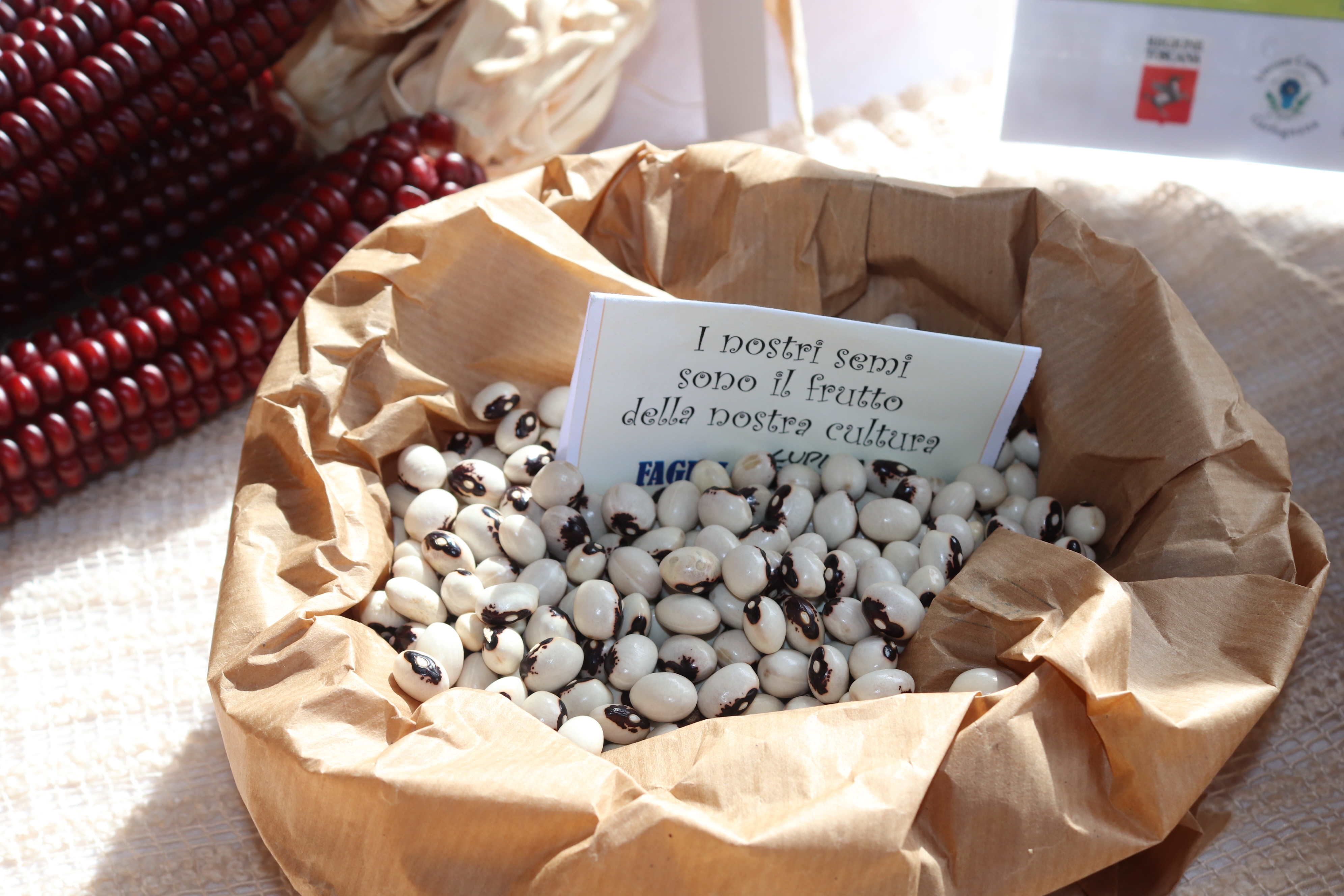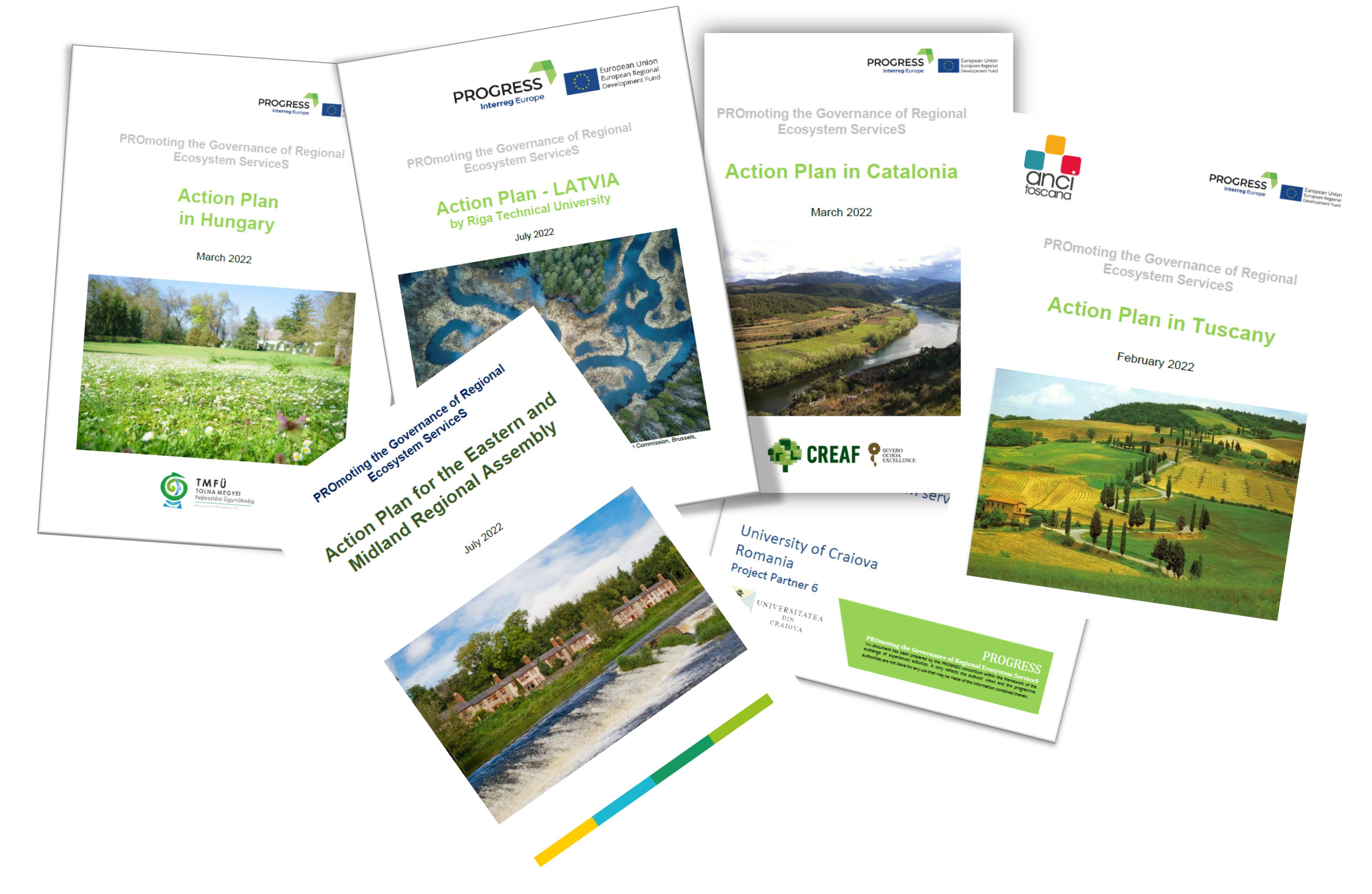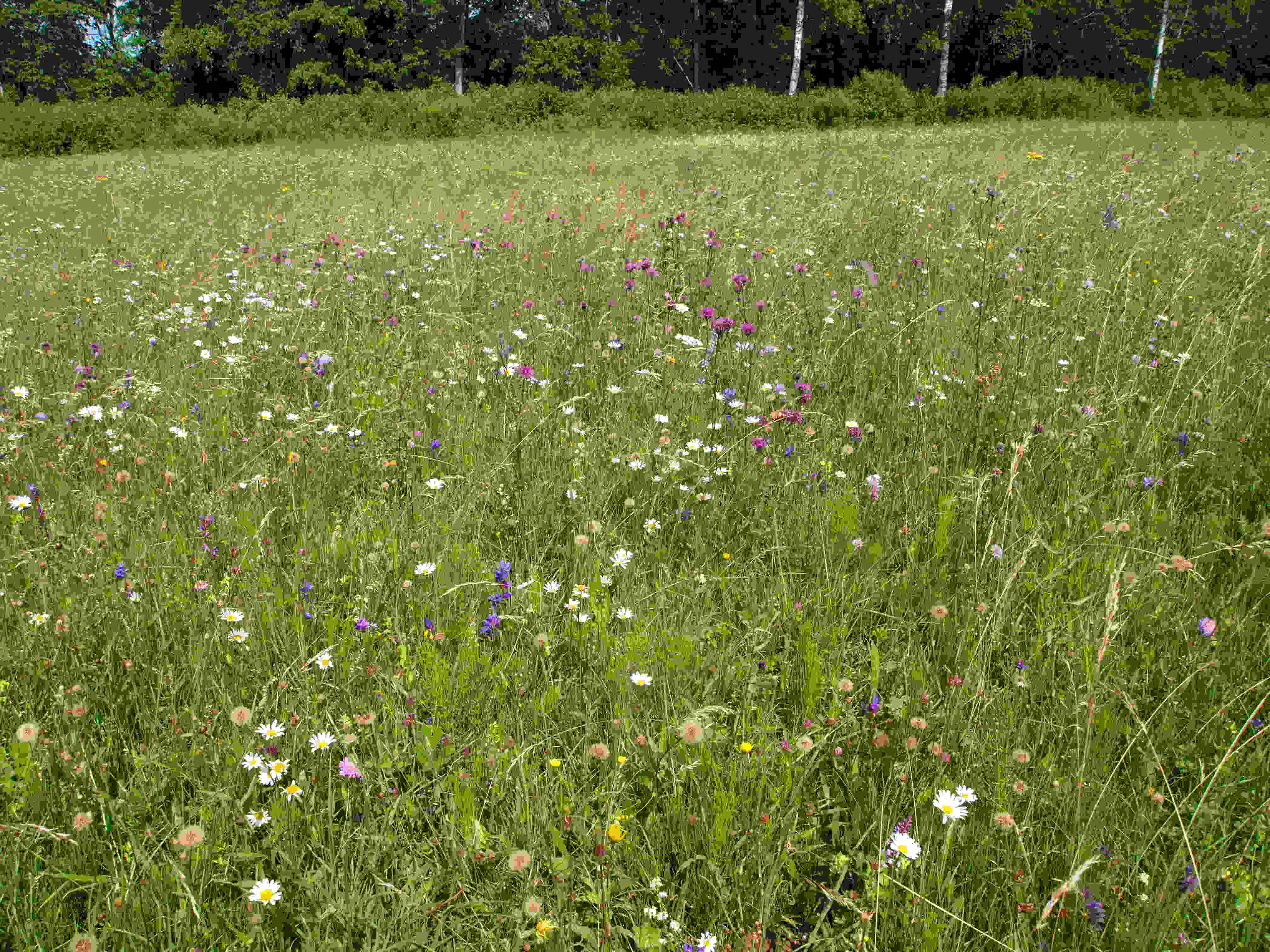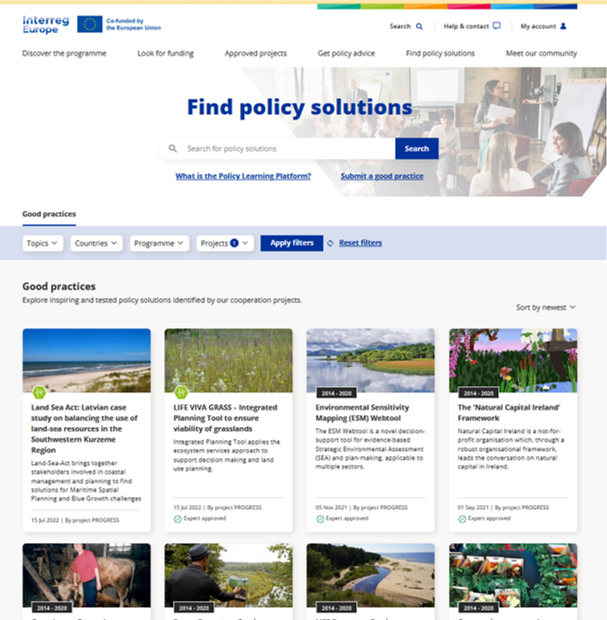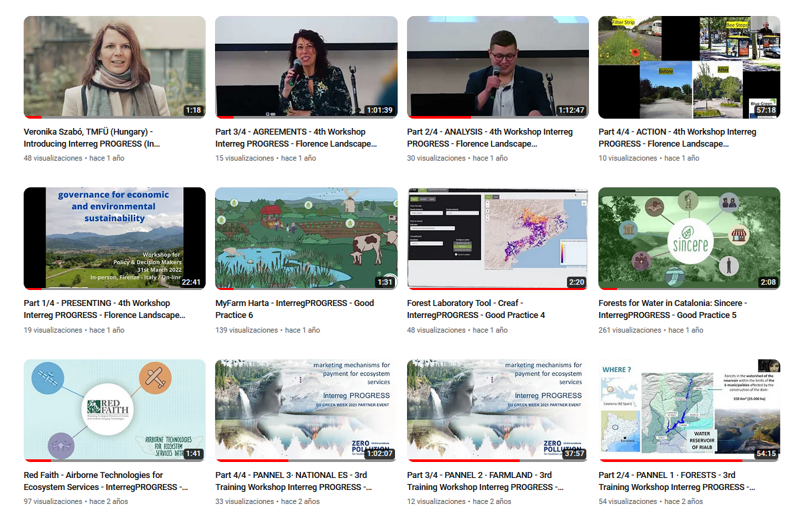Confinement turned a training for local stakeholders into an international show thanks to the Riga Technical university and the TV24 Studio. Experts from Spain, Latvia, Ireland and Italy explained the implementation of successful good practices related to the measurement of ecosystem services
As expressed by Dr. Tālis Juhna, Vice-Rector for Research at Riga Technical University (Latvia), the valuation of ecosystem services is as difficult as the many aspect to consider. Economy, environment, cultural heritage… all should be measured and properly estimated.
Ecosystem services are in fact in the center of the green economy concept, as they are mainly public goods with no markets and no prices, but also incredibly valuable to our wellbeing. For example, Ms. Ilona Mendzina, Latvia Ministry of Environmental Protection and Regional Development, correctly reminded us that investments in habitat restoration have better cost/benefit ratios that any money spent in water infrastructure. Another interesting aspect to consider is that ecosystem services are shared all over the world. Therefore, Ms. Mendzina also welcomed the PROGRESS approach, where proved successful practices of one European region could be perfectly transferred to another, even from Mediterranean to temperate forest.
With this final aim in mind, the best Good Practices in relation to the measurement of the costs and benefits of ecosystem services, were explained to an interested audience last 10th June during an online training session. Practices had been previously selected in each partner region by local meetings with expert stakeholders and then screened at the international level in order to consider the ones with more transfer potential.
Carles Castell, head of the Territorial Planning and Analysis Office of the Barcelona Council, showed an excellent example of how information could help policy makers in efficient decision making though the SITxell territorial analysis system. The project SOS4LIFE, presented by Fabrizio Ungaro (Italian Council of Research, Institute of Bioeconomy) is focused in the highly necessary but normally neglected soil ecosystem services. Dr. Úna FitzPatrick, project coordinator of the All-Ireland Pollinator Plan Framework, explained how this project gathered an impressive number of committed stakeholders; the LIFE Ecosystem Services Assessment Methodology, as indicated by Dr. Elina Konstantinova (Association “Baltic Coasts”), not only consider an economic assessment of services but potential scenarios to compare the consequences of different decisions.
Nest step for PROGRESS is look for the best practices in order to integrate ecosystem services in the political agenda. Keep updated about this and much more in our webpage!
Please check the video of the meeting in our YouTube channel:
